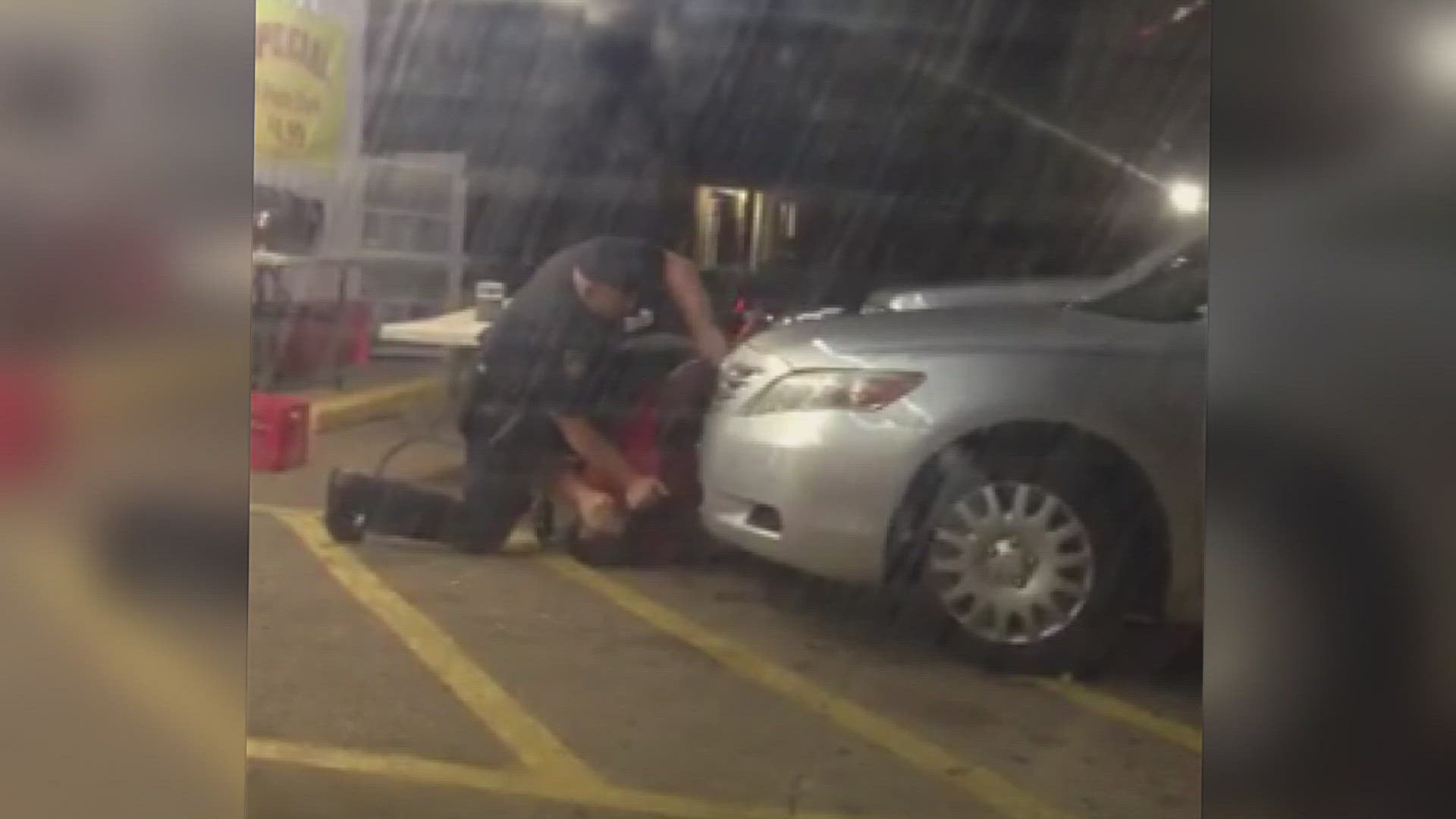BATON ROUGE, La. — A bill to create a so-called “safety zone” around working law enforcement has now become law in Louisiana. Supporters, including Governor Landry, praise it as a way to keep officers from being harassed or attacked. Opponents worry it could hamper civilians’ ability to observe instances of police and deputies acting unconstitutionally.
The law makes it a misdemeanor to be within 25 feet of “a peace officer” who is “lawfully engages in the execution of his official duties” if said officer has “ordered the person to stop approaching or retreat.” The governor signed it into law Tuesday.
Many such bills were introduced in the U.S. after a wave of cell phone videos showing arrests and in-custody deaths went viral. One was that of Alton Sterling, who was shot and killed by two Baton Rouge police officers in 2016. Another was that of George Floyd in Minnesota, which sparked protests around the country.
The bill’s author, Rep. Bryan Fontenot, acknowledged during the debate over the bill that civilians have the right to film law enforcement officers. He said, though, that “when [officers] are in an altercation, a lot of things are transpiring, people are throwing things at you,” and described people spitting on officers as a frequent problem. He also said the bill would protect civilians. “Maybe there’s a bomb in your car in the parking lot and he’s trying to make you back up,” he said.
The bill saw pushback from many lawmakers. “Is this law even constitutional?” asked Rep. Edmond Jordan. Others questioned whether people could be forced to move from private property if they were within 25 feet of an officer, to which Rep. Fontenot replied that they would. Others asked whether having multiple officers on a scene could complicate enforcement.
Opponents also pointed out that it is already illegal for people to interfere with law enforcement activity. Stephanie Willis, a policy strategist with ACLU Louisiana, described the 25-foot distance as “arbitrary,” and warned it could “provide police officers with too much discretion.”
She also questioned how either officers or civilians would be able to judge the distance. “Will it require a police officer… to walk around with a tape measure to say this is 25 feet?” she asked.
Last year, Governor John Bel Edwards vetoed a similar bill, citing similar concerns. That version did not require officers to order people to obey the 25-foot buffer.
Now, the new version has become law. “Ensure that you try your best to, to, I guess, stand 25 feet away to the best of your knowledge,” said Willis, but encouraged civilians to still observe suspicious police activity to the best of their ability.
Anyone convicted of breaking the law could face up to 2 months in jail.
► Get breaking news from your neighborhood delivered directly to you by downloading the new FREE WWL-TV News app now in the IOS App Store or Google Play.

